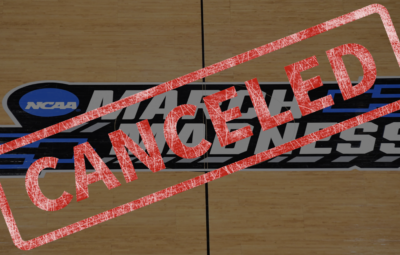Putting children in sports at a young age is assumed to spark a lifelong love of competing, but research shows that the opposite occurs.
There’s no doubt that children involved in sports teams have multiple mental and physical benefits. The PCSFN Science Board states that youth sports increase confidence, cognitive performance and creativity in children while also helping them improve weight status and reduce the risk of cancer and diabetes.
Despite the many positives of children participating in sports, youth sports are flawed.
By age 13, 70% of children will drop out of sports, The Aspen Institute states. The large number of children quitting doesn’t boil down to laziness, lack of work ethic, or even time. Most children finish because youth sports have the tendency to breed toxicity. After years of enduring the negatives of youth sports, many athletes simply burn out and are unwilling to continue, even if they love the sport.
Multiple factors create a toxic or even abusive environment in youth sports, but the pressure and poor leadership from parents and coaches dominate. NATA recommends that kids refrain from specializing in a sport for as long as possible to avoid burnout and injury, but most parents encourage their children to specialize in a sport by age six.
Winning is a part of sports, but it’s also a game, especially for children, and should be treated accordingly. While competing, children are expected to be entirely focused on winning when they want to have fun and enjoy the sport with their friends. Sports breed a high level of pressure that children simply aren’t prepared for, and that should be considered.
Abuse in youth sports is something no one wants to talk about but, unfortunately, exists. According to The Foundation for Global Sports Development, up to 7 million children experience sexual harassment or abuse in youth sports.
This to not to say that youth sports shouldn’t exist, nor does this mean that all parents and coaches of child athletes create a harsh environment, but rather that we need to reassess the way we approach youth sports.
When controlling youth sports, adults need to consider that these athletes are children and sports are a game. Safety and enjoyment should be the primary focus, meaning that the likelihood of abuse should be something every parent is aware of and is prepared to recognize. With these adjustments, youth sports can thrive.







